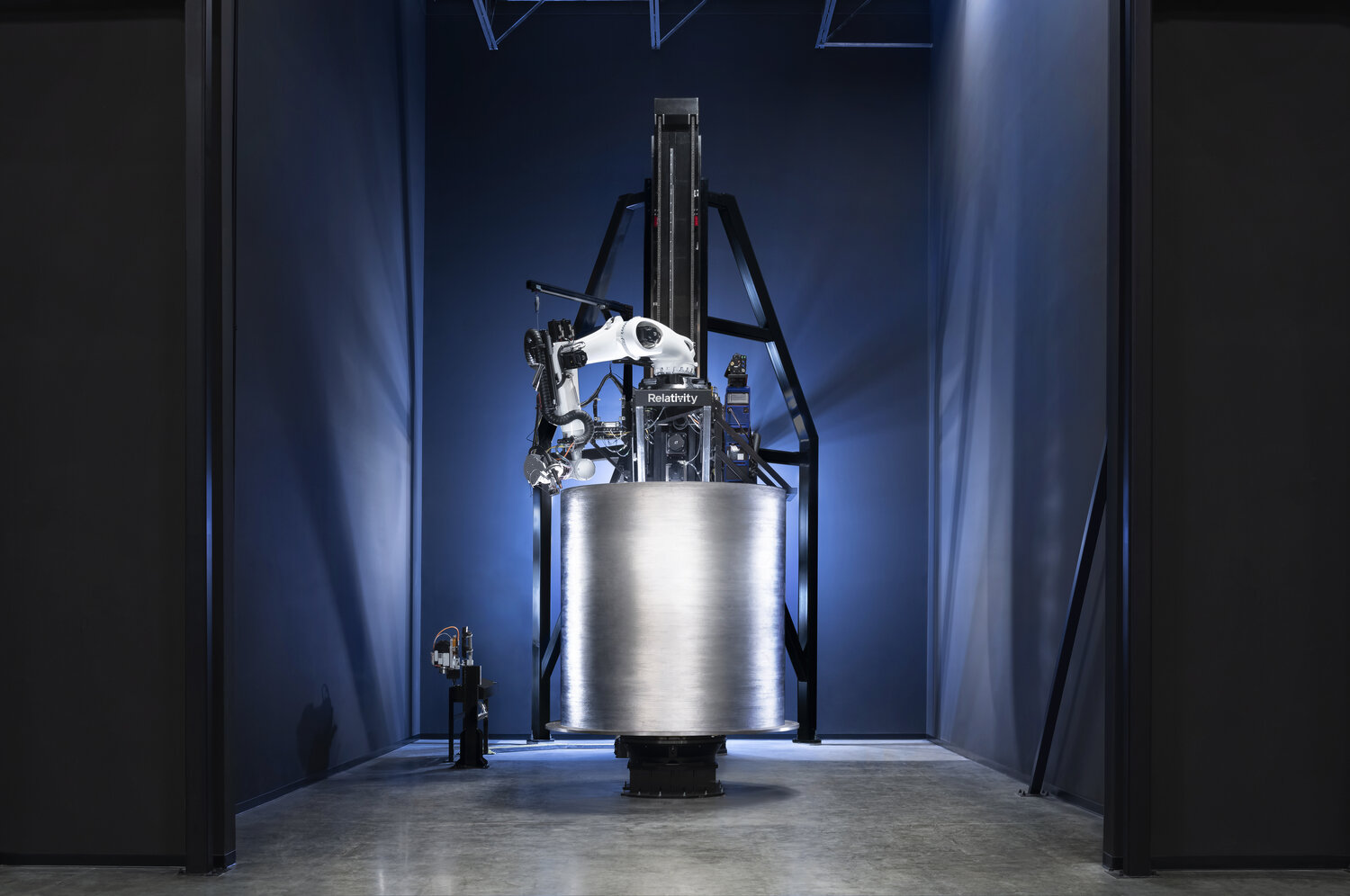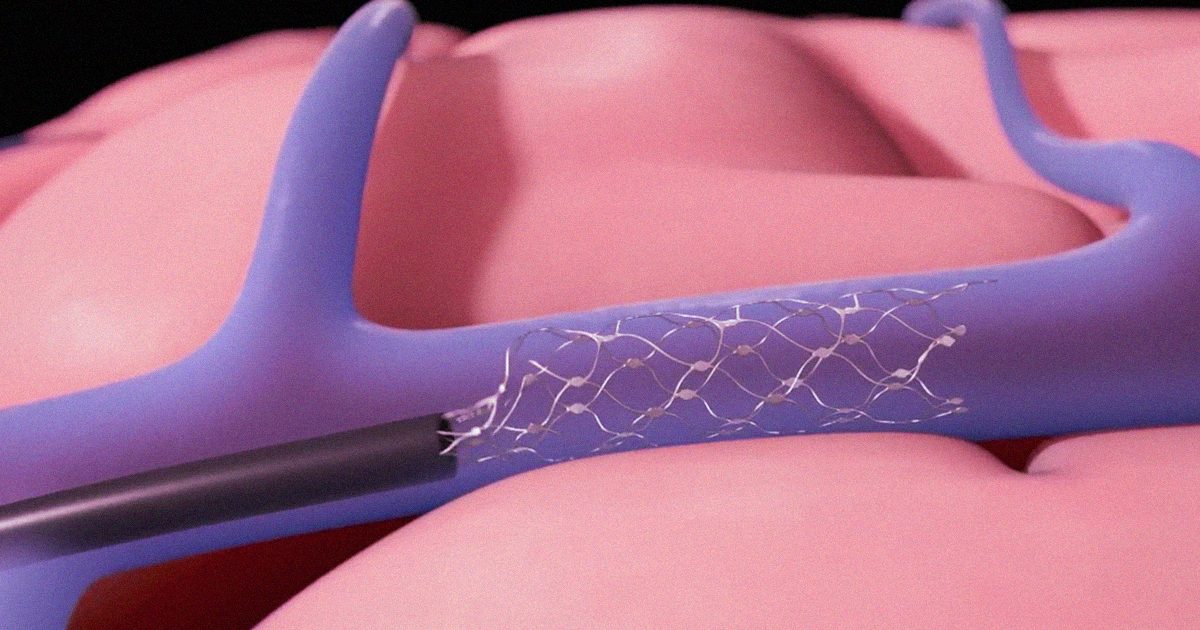M2 Best Of 2021: Inventions Part Two
Last week, we gave you part one of our “best inventions for 2021”, which highlighted some of our favourite innovative products to come out of the last 12 or so months. However, we’ve decided that confining our favourites to just one list of five wasn’t enough, so we’re shining the spotlight on four more inventions that are worthy of being regarded as part of years’ best. Here’s part two of our M2 Best of 2021: Inventions.

Relativity Space Stargate
3-D printing technology has been one of the most exciting ongoing developments in the world of engineering and the potential became even greater with the arrival of Stargate from aerospace company Relativity Space. Stargate is the world’s largest 3-D metal printer and has vastly expanded the possibilities for using the technology in the building of reusable spacecraft. The printer’s capabilities are exemplified in Relativity Space’s Terran 1 and Terran R rockets, the latter of which is the world’s first reusable rocket built entirely from 3-D printed materials. Stargate’s handiwork will hopefully be put into action next year as Relativity Space hopes to launch is Terran 1 rocket for the first time at some point in 2022.

OrcamRead
Another one of those inventions that is so conceptually simple yet immensely impactful, OrcamRead is a gadget that ensures those with visual impairment or disability are still able to engage with the written word. The little handheld pen-like device utilises laser targeting technology and possesses the remarkable ability to ‘read’ a piece of text when scanning over it and then dictate the words aloud, giving those who either struggle or are unable to read the ability to access without requiring another human to assist. The OrcamRead is incredibly adaptable and is able to read off full blocks of text or specific sentences upon request. The device is even able to respond to voice commands by the user, making it about as comprehensive of a reading tool as one could imagine.
NVIDIA Omniverse
The suffix ‘-verse’ has gone through a hell of a boon in the last few years or so and while much of the attention this year has gone towards Mark Zuckerberg’s vision of the ‘metaverse’, another start-up has made waves with their version of the virtual future. The NVIDIA Omniverse has already begun exploring the capabilities in how augmented reality technology can help industry design and test new ideas in a digitally simulated environment. The Omniverse has received a number of high-profile endorsements, including from automotive giant BMW, who use the software to simulate their entire manufacturing process. As the technology begins to gain traction, NVIDIA Omniverse could be the software that changes the manufacturing process forever.

Synchron Stentrode
While it’s bound to generate more than a few skeptical onlookers, the Synchron Stentrode is the realisation of what science fiction movies have told us was on the way for decades. The implantable device is an application of incredibly advanced brain computer technology and is designed to help paralysed individuals communicate digitally through signals directly sent from their brains to a computer. While not yet a completed product, the tech has received FDA testing approval and has been successfully trialed on numerous patients. In a matter of a few years, we could see the Stentrode become the first fully realised version of the long anticipated ‘brain chip’.





